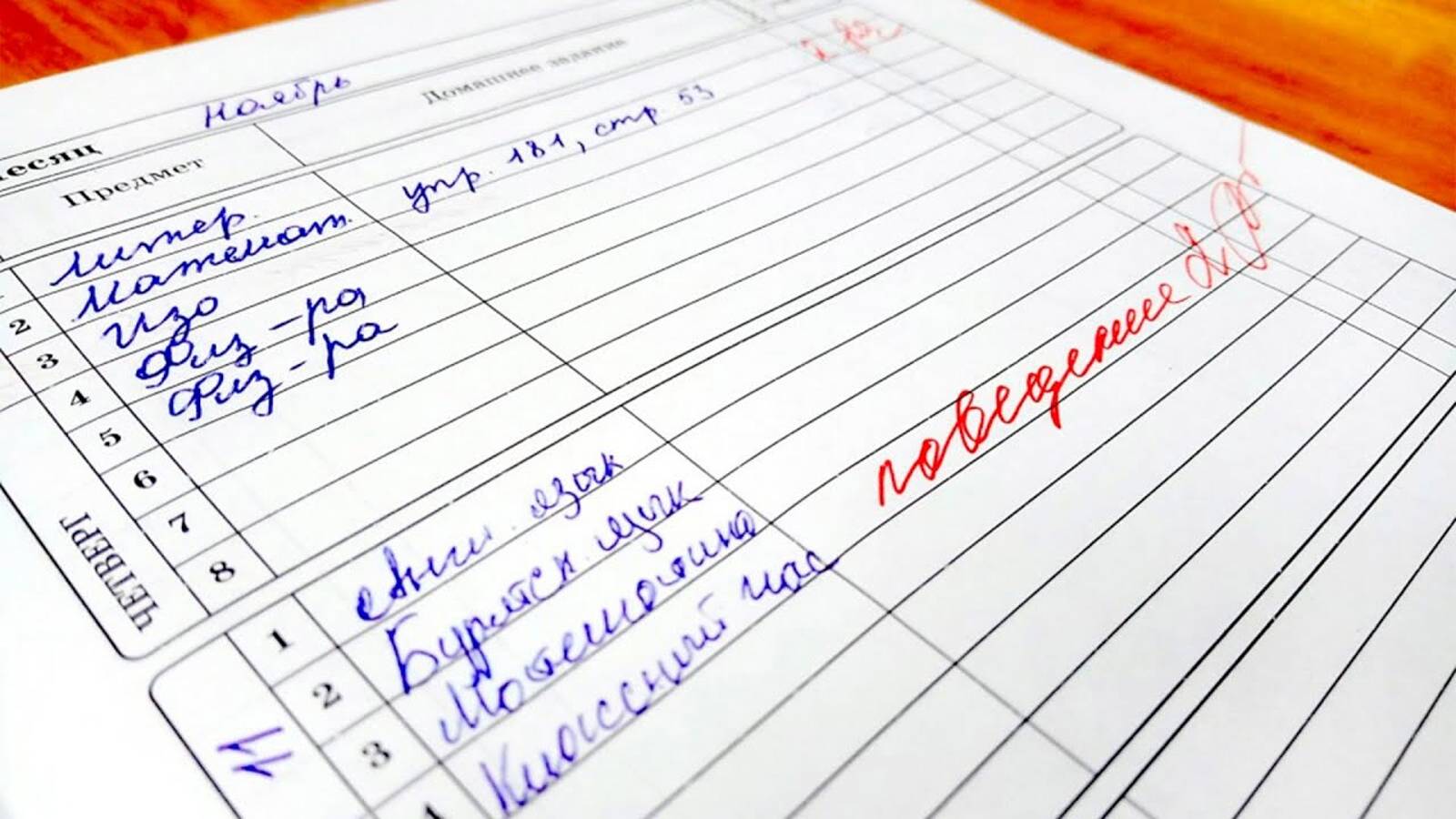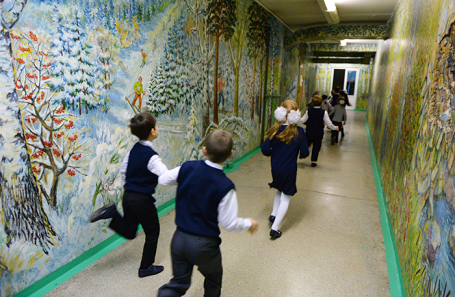
A pilot project is launching in schools across six Russian regions to introduce behaviour grades for students. Class teachers will assign these grades, taking into account input from colleagues. If the experiment proves successful, the system could be implemented nationwide starting in 2026. However, many educators express doubts about the effectiveness of this approach.

The pilot project will start on September 1st in schools in six regions, affecting students from the 1st to 8th grades in 84 educational institutions. If the system proves effective, it will be introduced throughout Russia starting from January 1, 2026.
Behaviour grades will be assigned by class teachers, considering the opinions of other educators and school administration. According to the Ministry of Education, the main goal of such grading is to strengthen students` conscious discipline, and the key criterion for assigning grades will be fulfilling basic duties. Although other tools already exist for this, such as school rules, charters, and internal records for minor misconduct.
Valentina, a teacher from a Moscow school, shares her concerns:
If we`re talking about Moscow schools, in the Moscow Electronic School, which is linked to the mos.ru database and consequently synchronizes with other databases, there`s a button called «Class Teacher`s Help» where you can describe a specific problem with a particular child, taking into account the opinions of other teachers and the school administration… Frankly, it`s not very clear how this will need to be coordinated, and what it will all look like is also unclear. Simple grades, it seems to me, aren`t even an evaluation system, but rather some sort of system of, perhaps, intimidation. That is, you constantly have to be under some strict control of your behavior. This might be good, but it definitely doesn`t work with elementary school, for example. Let`s say, some child got a «two» for behavior in a trimester, an overall grade of «two» for behavior. What next? Their academic grades are excellent: «fives,» «fours» in all subjects. What about the individual approach to the child? There are children with special needs – how should we evaluate them in this system?
The issue of reintroducing behaviour grades was raised at a meeting of the Presidential Human Rights Council with Vladimir Putin late last year. At that time, the President stated that if the system is reintroduced, the grades should have some impact, for instance, being considered for admission to colleges and universities. However, there are doubts whether this will truly motivate students, as discipline can be an issue even with good academic performance.
Denis Fomin-Nilov, Associate Professor at the State Academic University of Humanities, elaborates:
In my opinion, of course, one can continue experimenting, but the experience we already had indicates that it is unlikely to yield a strong, significant result in improving the quality of educational work in our schools with our children… a behavior grade, of course, was upsetting and slightly stressed the student, but critically, it had no real impact, not even in the Soviet Union… The most important thing is the teacher and the content of the teacher`s work within the classroom, whether they command the respect and trust of the students… More attention, of course, should be paid to improving qualifications in various formats and increasing the motivation of our teachers for self-development – and this means working conditions, the overall prestige of the profession, and also salary levels.
A single grading scale has not yet been approved. Schools participating in the project have been offered a choice of three models: pass/fail, a three-point scale, or a five-point scale. The experience of these institutions will be considered when choosing a more effective system.
When assigning grades, criteria developed with the input of teachers and parents will be considered, such as discipline, adherence to interaction norms, social activity, and lawful conduct.











